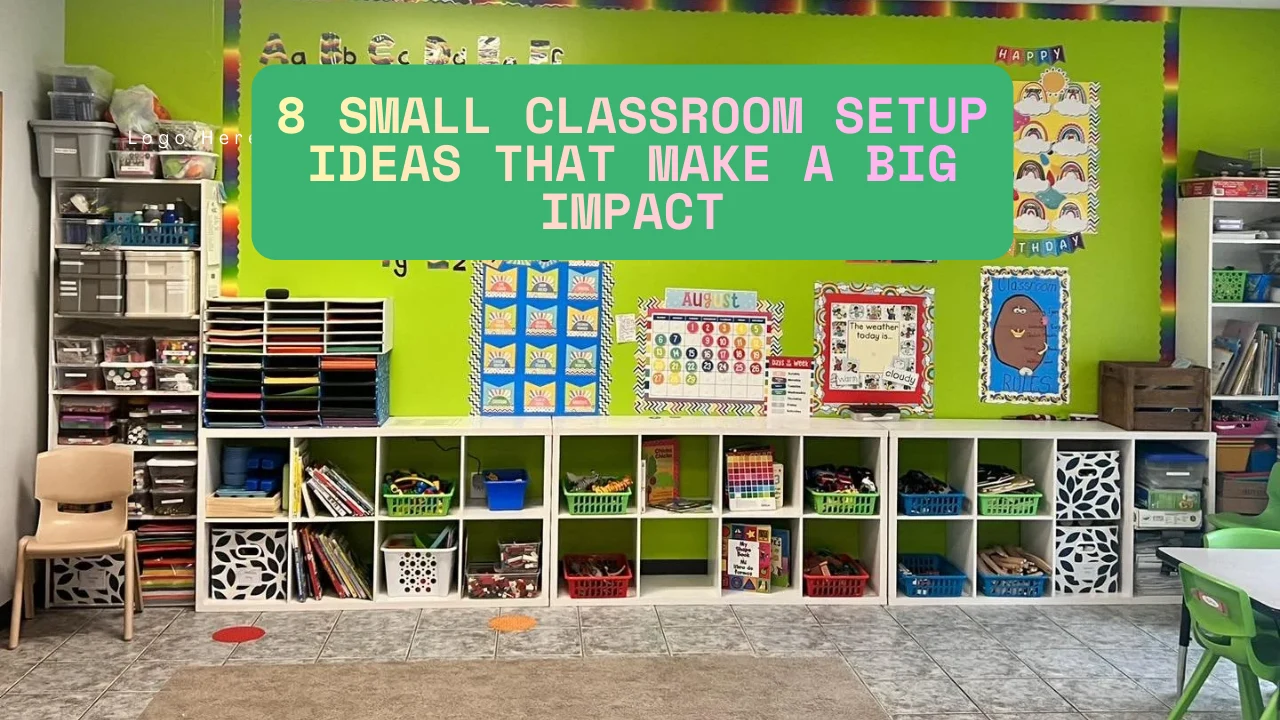
8 Small Classroom Setup Ideas That Make a Big Impact
Transform any small classroom into a smart, organized space with 8 proven setup ideas that boost focus, save space, and make teaching easier.
Chào mừng đến với blog của chúng tôi! Tại đây, bạn sẽ tìm thấy những mẹo dễ dàng và thiết thực cho giáo dục trẻ nhỏ, ý tưởng hoạt động vui nhộn và hiểu biết sâu sắc về Montessori. Cho dù bạn là giáo viên hay phụ huynh, có rất nhiều thông tin ở đây để truyền cảm hứng cho bạn và giúp việc học trở nên thú vị và có ý nghĩa hơn đối với trẻ em!

Transform any small classroom into a smart, organized space with 8 proven setup ideas that boost focus, save space, and make teaching easier.
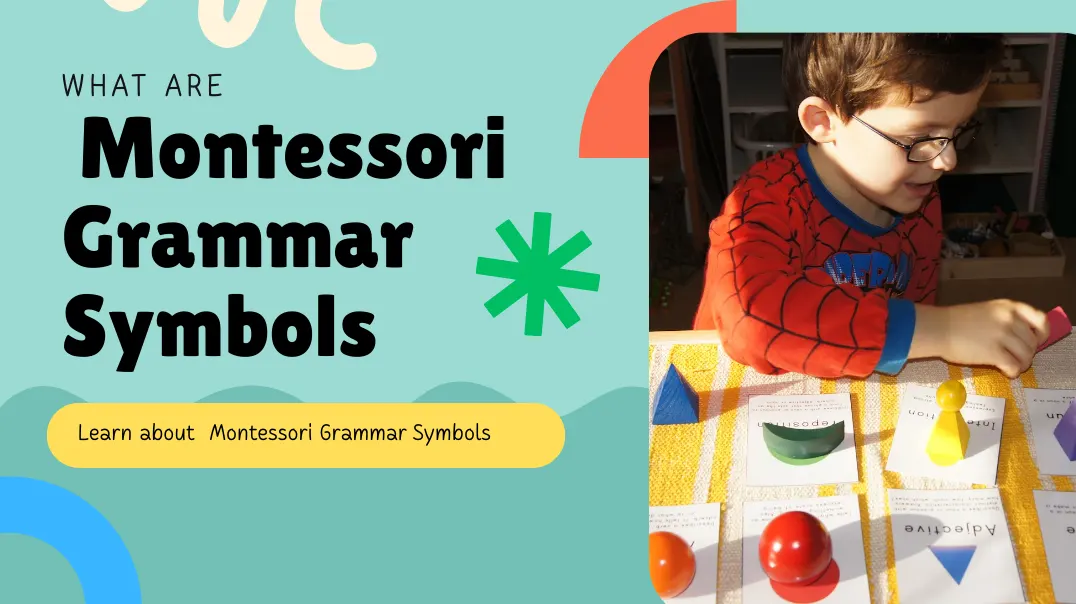
The article explains what Montessori grammar symbols are and how they support children’s language learning. It outlines the advantages of this visual grammar system, then describes ways to introduce Montessori grammar symbols to children through sentence construction, grammar games, word classification, and symbol recognition. It presents practical Montessori grammar symbol activities, recommends key resources such as books and grammar symbol sets, and clarifies common misconceptions about their applicability, exclusivity to Montessori schools, and focus on grammar.

This article delves into the true significance of naps for young children. It explains why naps are crucial for brain development, emotional balance, and healthy routines in preschoolers. You will learn how long infants, toddlers, and preschoolers should nap, and gain practical tips for creating calm, regular nap times both in the classroom and at home.
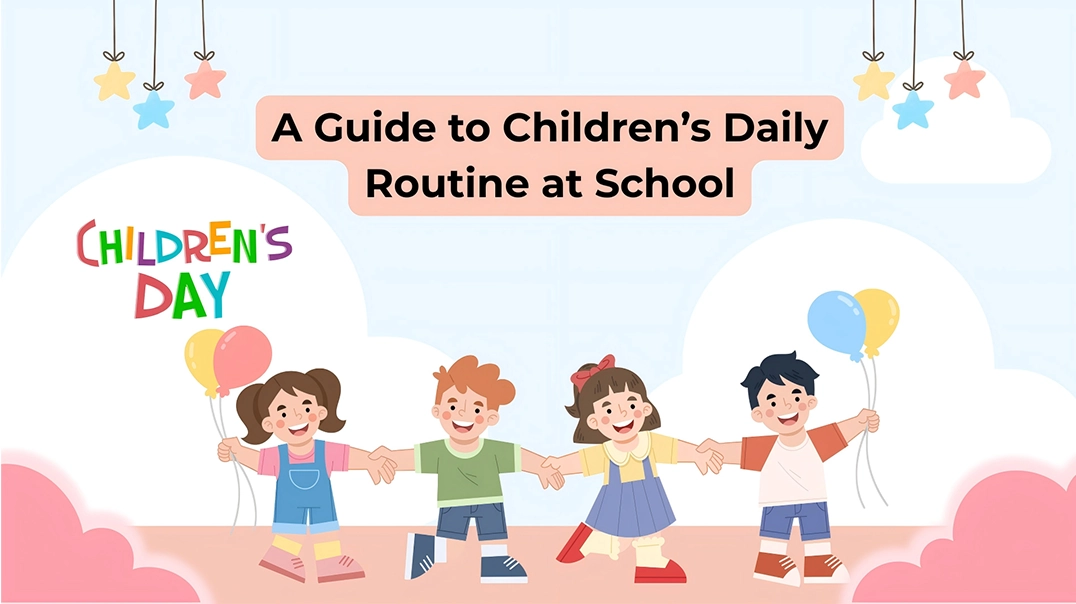
A well structured Children’s Daily Routine supports emotional security, smooth transitions and active learning in preschool settings. By combining clear activity periods, balanced play and rest, and an organized classroom layout, children gain confidence and independence throughout their day. This guide explains the key components of an effective preschool Routine and offers practical strategies for creating a calm, predictable and engaging daily flow for young learners.
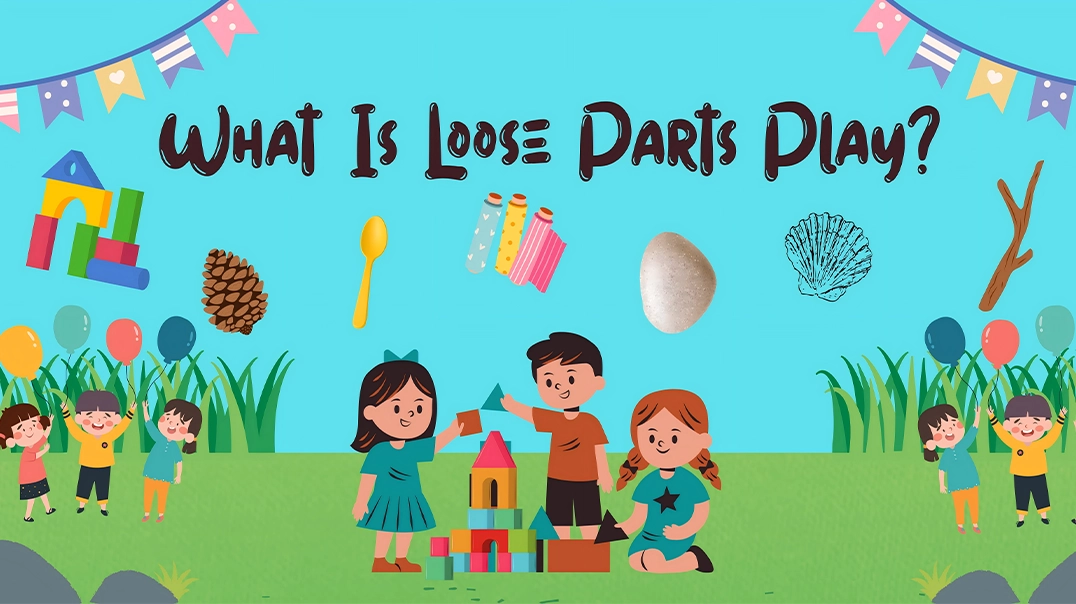
Loose Parts Play is a game format. This article explores What Is Loose Parts Play and explains how open materials support creativity, problem solving, sensory development, and child led learning. It examines core theories, practical classroom strategies, material selection, and real world examples to show why Loose Parts Play has become essential in modern early childhood education.
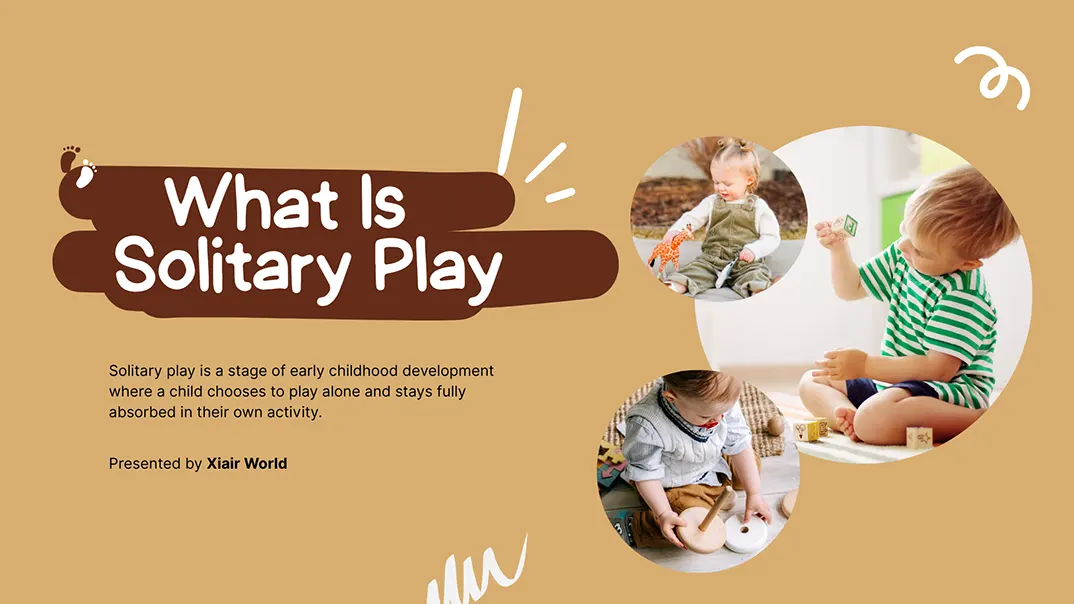
Solitary play is a form of independent play where children engage with toys, activities, or their imagination without interacting with others. This guide explores the definition of solitary play, its key characteristics, and how it benefits early childhood development. From boosting concentration to nurturing creativity, solitary play lays the groundwork for emotional strength and self-reliance.

Planning a holiday event? These Christmas Party Games for Kids are perfect for creating laughter-filled memories. From safe and exciting activities to fun ways of involving parents , this guide offers everything you need. Kick things off with festive invitations, avoid common planning mistakes, and host a celebration that kids will remember for years to come. Whether it’s a classroom party or a home gathering, these ideas ensure fun for everyone involved!
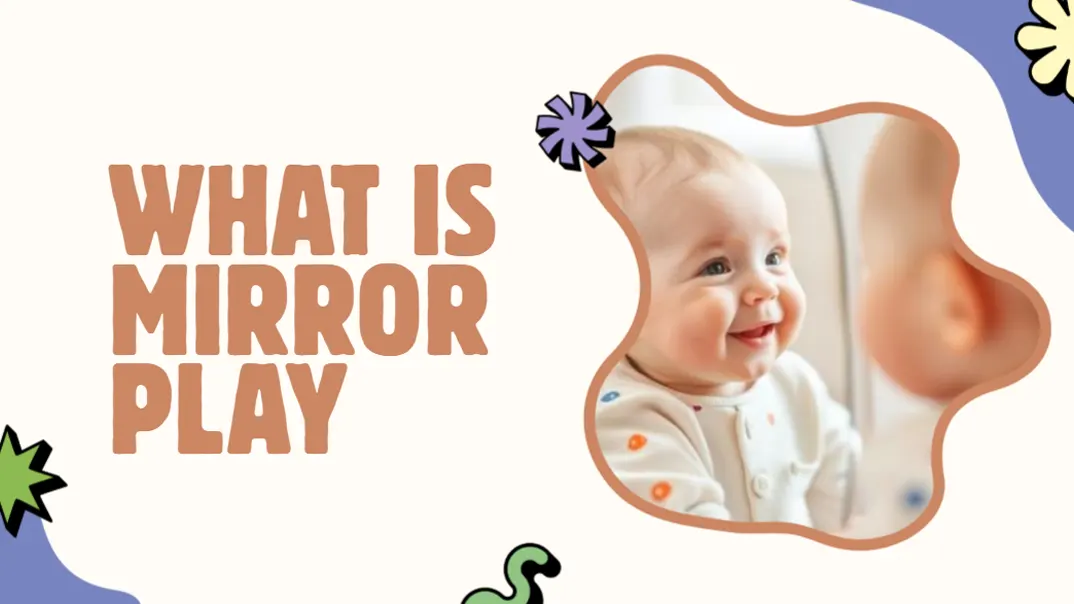
Mirror play is a valuable tool in early childhood education. This article explores the developmental benefits of mirror play. It provides practical ideas and strategies that parents and educators can implement in classrooms or at home to support body awareness, visual engagement, and early communication skills.
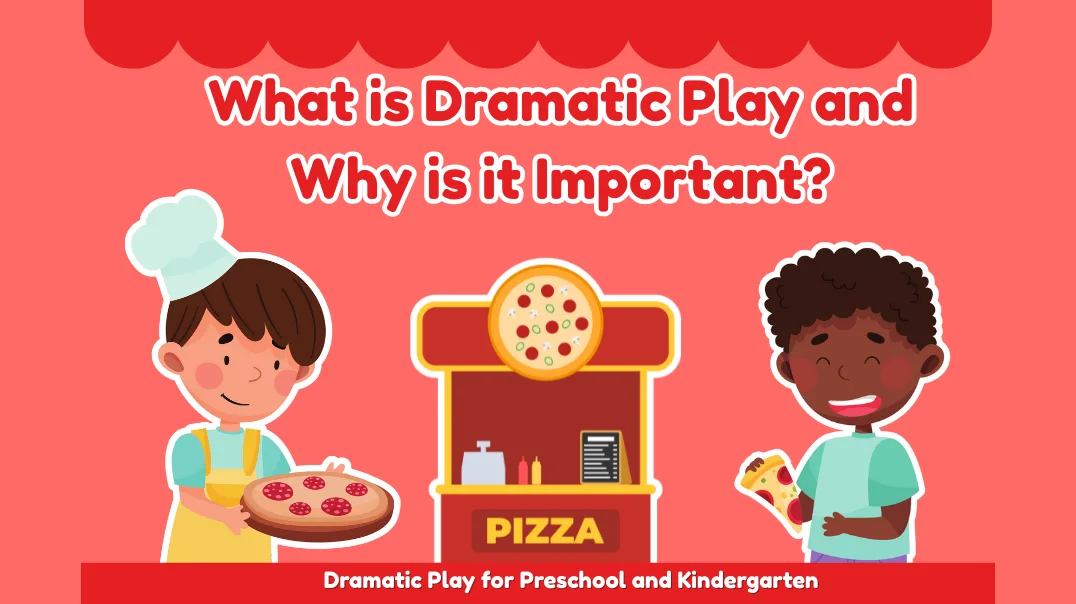
This article explores the meaning, types, and developmental value of dramatic play in early childhood. It explains how dramatic play supports emotional growth, self-regulation, literacy, creativity, and social learning, and offers practical guidance for educators and parents.
Trò chuyện với chúng tôi
Fill in a few details, and our design team will provide a custom layout plan and proposal within 48 hours.
We specialize in multi-classroom and full-school projects.